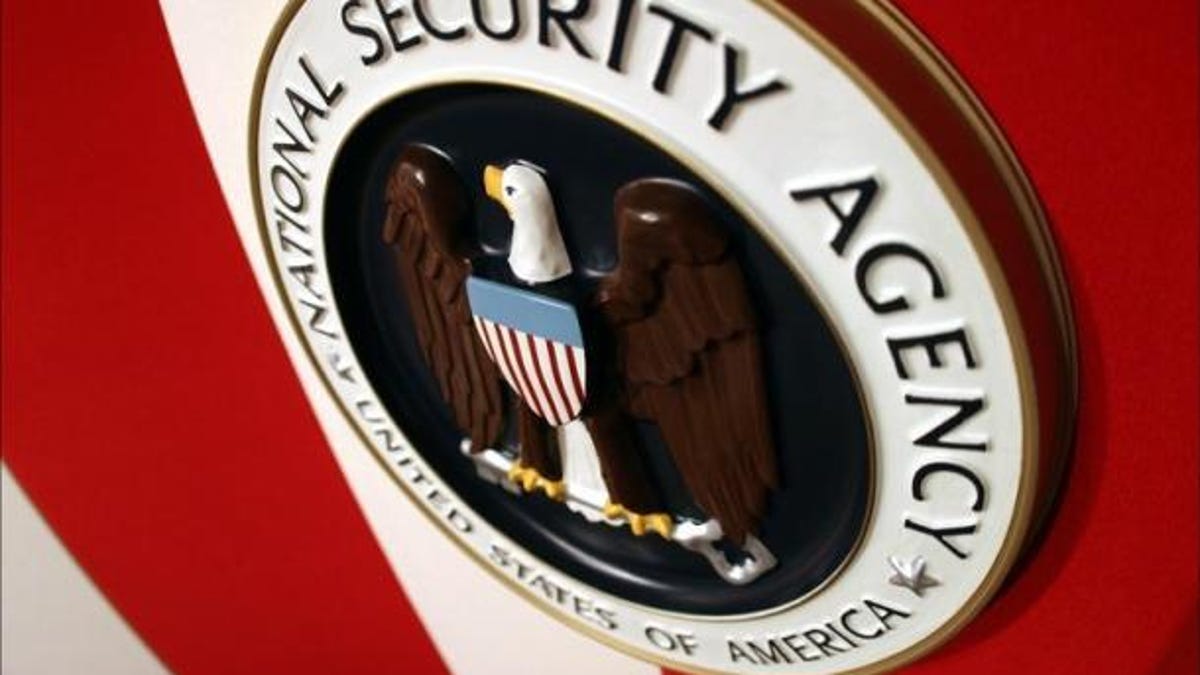Judge cautions against some proposed reforms to NSA
The former presiding judge of the Foreign Intelligence Surveillance Court writes a letter to lawmakers urging them to tread lightly with any changes to the secretive court's operations.

President Obama is expected to announce a slew of possible reforms to the National Security Agency's surveillance programs on Friday. Within these proposed reforms are recommendations to limit spying on ally governments, stop the NSA's storage of telephone record data of US citizens, and increase controls on the secretive Foreign Intelligence Surveillance Court.
Unsurprisingly, judges of the FISC have taken issue with some of the proposed controls. Former presiding judge of the FISC and current director of the Administrative Office of the United States Court Judge John D. Bates penned a letter (PDF) to several lawmakers, which was made public Tuesday, saying some of the proposed reforms would hinder the operations of the court. He said he was speaking on behalf of the current judges of the FISC and the Court of Review, as well as several former judges for these courts.
"Our comments focus on the operation impact on the Courts from certain proposed changes, but we do not express views on the policy choices that the political branches are considering," Bates wrote. "We are hopeful, of course, that any changes will both enhance our national security and provide appropriate respect and protection for privacy and civil-liberties interests. Achieving that goal undoubtedly will require great attention to the details of any adjustments that are undertaken."
Among the issues Judge Bates rose were the creation of a public advocate that could independently intervene in the court's cases and a proposal to change the way FISC's judges are selected. Currently, only the chief justice of the US Supreme Court can select the judges -- but in the interest of diversifying the judges, one of the possible reforms looks to have the chief judge of each appeals court circuit make the selections, according to The New York Times.
Bates also wrote that he was concerned with giving the public more information about the court's rulings. He said that releasing court opinions with redacted information could "promote confusion and misunderstanding."
Much of what Bates addressed in his letter was concern over increasing the court's caseload. He wrote that any rise in workload needs to be partnered with an increase in resources; he also said that expanding the court's caseload with subpoena-type cases would "would fundamentally transform the nature of the FISC to the detriment of its current responsibilities."
Over the past few weeks, Obama has headed a presidential review group -- made up of lawmakers, intelligence officials, and technology company executives -- to discuss reform proposals to the NSA's surveillance programs. The president is expected to announce the results of this review at the Justice Department on Friday.

